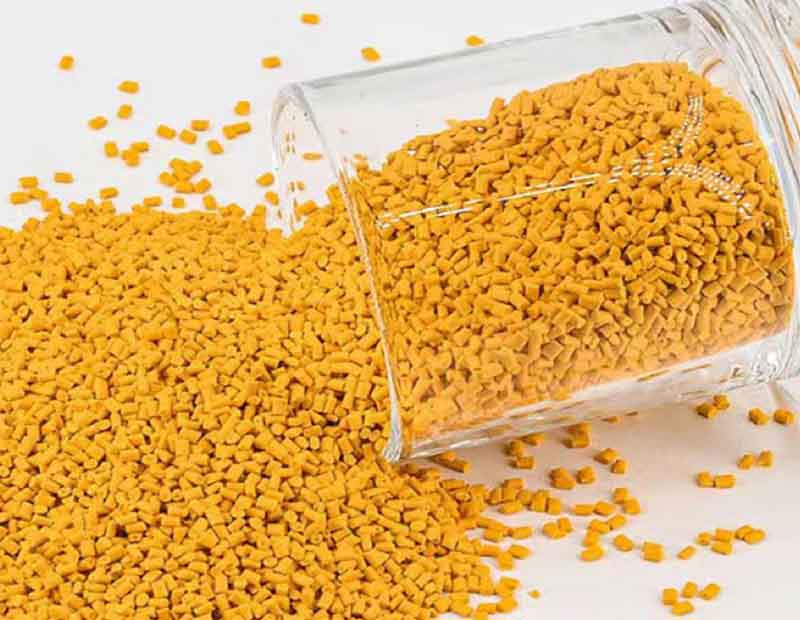
PPSU, or Polyphenylsulfone, is a high-performance thermoplastic polymer that excels in strength, heat resistance, and chemical stability. It is often chosen for demanding applications in industries like medical, aerospace, and electronics.
Chemical Formula: (C15H12O2S)n
High Thermal Resistance: PPSU can withstand continuous use temperatures up to 180°C and repeated steam sterilization without loss of mechanical properties.
Excellent Chemical Resistance: It resists acids, bases, disinfectants, and cleaning agents, making it ideal for harsh environments.
Superior Impact Strength: PPSU maintains high toughness and mechanical strength even after repeated sterilization cycles.
Hydrolysis Resistance: Offers outstanding performance in hot water, steam, and moist conditions, suitable for medical and lab applications.
BPA-Free & Non-Toxic: Safe for baby products and food contact applications; meets international health and safety standards.
Good Processability: Supports injection molding, extrusion, and CNC machining for complex and precise parts.
Medical: Surgical instruments, reusable sterilized components, dental tools, IV connectors
Baby Care: PPSU baby bottles, sippy cups, feeding containers
Food Industry: Food-grade fittings, containers, kitchenware
Laboratory & Pharma: Fluid handling systems, sterilizable vessels
Industrial & Aerospace: High-temperature components, electric connectors, lightweight structural parts
| Property | Value Range |
|---|---|
| Density | ~1.29 g/cm³ |
| Glass Transition Temperature | 220 – 230°C |
| Tensile Strength | 55 – 75 MPa |
| Flexural Modulus | 2100 – 2300 MPa |
| Notched Izod Impact Strength | 60 – 80 kJ/m² |
| Heat Deflection Temperature | 207 – 220°C |
| Flammability Rating | UL94 V-0 (1.5 mm) |
Excellent balance of heat, chemical, and impact resistance
Long service life under sterilization and cleaning cycles
Suitable for medical, baby, and food contact applications
Compliant with FDA, ISO 10993, RoHS, and REACH standards
Available in various forms: granules, rods, sheets, or custom parts
A: PPSU (Polyphenylsulfone) is a high-performance thermoplastic known for its excellent thermal stability, chemical resistance, impact strength, and hydrolysis resistance. It is widely used in applications requiring repeated sterilization and high mechanical durability.
A: PPSU offers higher impact strength and better hydrolysis resistance than PSU and PEI. It also maintains performance after repeated autoclave cycles, making it ideal for reusable medical and baby care products.
A: Yes. PPSU is BPA-free, non-toxic, and FDA-compliant, making it suitable for baby bottles, food containers, and other items involving food contact or infant use.
A: Absolutely. PPSU can withstand repeated steam sterilization (autoclaving) without degrading in performance, color, or shape. It is one of the most reliable plastics for reusable sterilizable applications.
A: PPSU supports injection molding, extrusion, thermoforming, and CNC machining. It is versatile for manufacturing both precision components and high-volume products.
A: PPSU has a glass transition temperature of around 220–230°C and a continuous use temperature of approximately 180°C. It can withstand high heat without losing structural integrity.